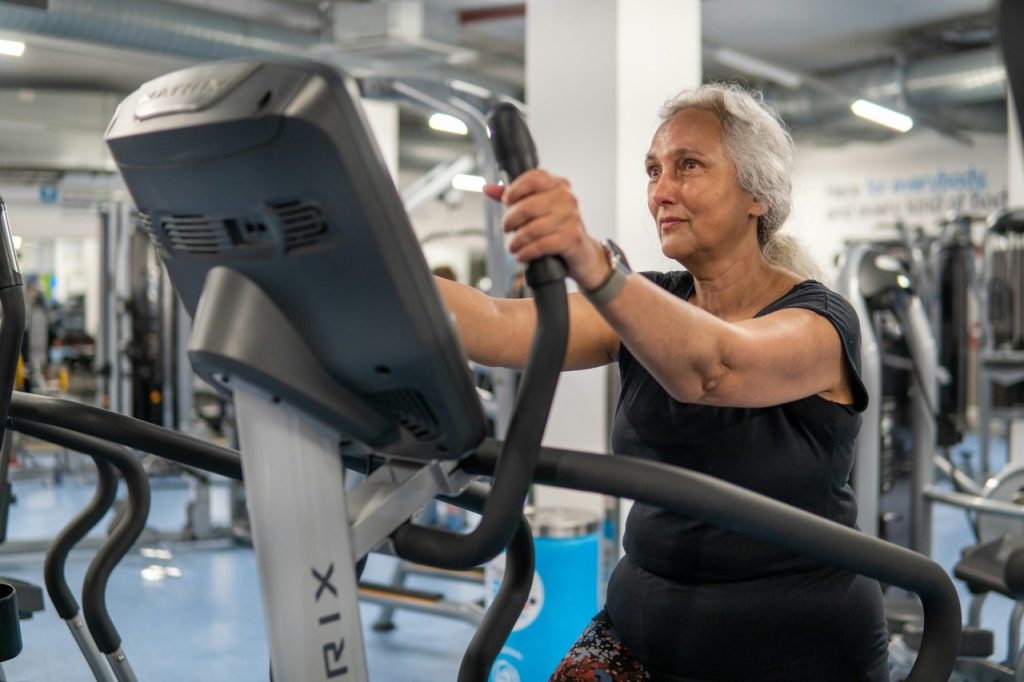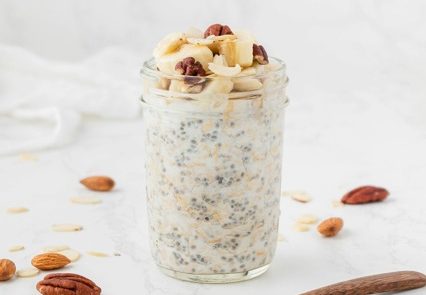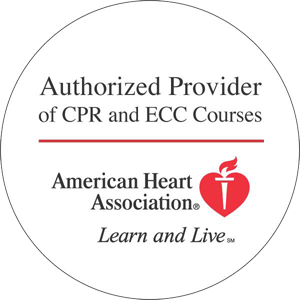A healthy heart is considered the foundation of overall health and wellness. There are many ways to promote heart health, from healthy eating habits, adequate sleep, limiting stress and regular movement. Today we’ll look at how movement, particularly low-impact cardio exercises, can benefit your heart health. But why low-impact cardio? Low-impact cardio workouts are a great way to improve heart health and are an accessible option for beginners, seniors, or those with joint issues. Keep reading for 6 ways you can get started today.

6 Best Low-Impact Cardio Workouts
Here are six of the best low-impact cardio workouts and why they are accessible for most individuals.
1. Walking
Walking is a simple yet effective cardio workout. You don’t necessarily need any equipment to get started, and walking can be adapted to all fitness levels.
- Tip for success: Maintain a brisk pace for 30 minutes a day.
Read: How to Start a Walking Routine
2. Cycling
Cycling is great for improving leg strength and cardiovascular endurance. You can take your bicycle outside and enjoy a ride in the great outsides or complete your workout on a stationary bike, many of which have virtual classes.
- Tip for success: Focus on maintaining a steady, moderate pace.
3. Swimming
Swimming provides a full-body workout that’s easy on joints, making it perfect for those who may struggle with other types of exercise due to joint pain. Not only is it an ideal cardio exercise for heart health, but it can also improve lung capacity and overall stamina.
- Tip for success: Join a class for extra motivation.
4. Elliptical Training
Elliptical machines are a popular choice for those looking for a cardio workout. They provide a similar effect to running but without impact on knees. When you focus on using both the arms and legs you can engage your entire body to get a more robust workout.
- Tip for success: Adjust resistance for more challenging sessions.
5. Dance Workouts
Dance classes are a fantastic and fun way to get moving while improving cardiovascular health. Depending on your preference, they can be done at home or in group classes.
- Tip for success: Choose a style that you enjoy to stay motivated.
6. Yoga and Pilates
Certain styles of yoga and pilates make for a great cardio workout that include a full-body dynamic flow that can boost heart rate. These types of workouts provide a perfect combination of strength, flexibility, light cardio and even stress reduction.
- Tip for success: Try power yoga or a fast-paced Pilates session for added intensity.
Additional Tips for Supporting Heart Health
5 Heart Healthy Breakfasts to Promote Longevity
Top Ten Tips for Choosing Heart-Healthy Snacks
5 Reasons Why Everyone Should Know CPR
These low-impact cardio exercises offer a fantastic way to strengthen your heart, improve circulation, and support overall well-being. Adding just one of these workouts to your routine can put you on the path toward a healthier lifestyle.
But remember, protecting your heart goes beyond exercise. Learning CPR is an empowering, life-saving skill that can make all the difference if you encounter an emergency situation. Taking the time to get CPR certified means you can be ready to act quickly if someone’s heart depends on it.
HeartCert is your trusted training partner for CPR, ACLS, PALS, EMR, First Aid, CNA, IV, EKG and more, throughout the United States.
Courses include CPR/AED/First Aid, Basic Life Support (BLS), Advanced Cardiac Life Support (ACLS), Pediatric Advanced Life Support (PALS), Certified Nursing Assistant training, IV training, EKG training, babysitter basics and more. Courses and certifications from both the American Heart Association and American Red Cross are available.We offer virtual courses and certifications, in all 50 states as well as in-person classes at our headquarters, HeartCert CPR Eagan and major cities in Iowa, Illinois, Georgia, Michigan, Minnesota, Mississippi, Nebraska, Pennsylvania, Texas and Wisconsin.













